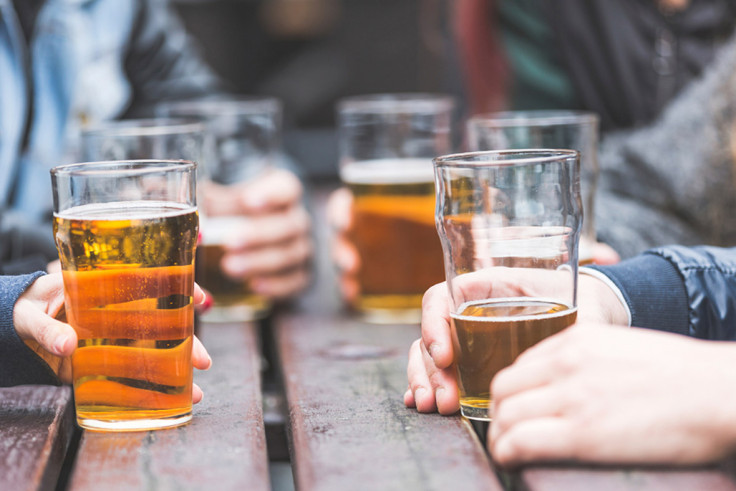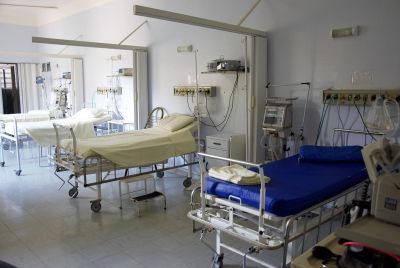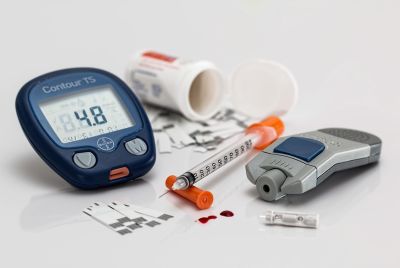Is it possible to offset the cancer causing effects of alcohol?
After a review showed that alcohol is directly linked to seven cancers, is there a way to offset the effects?

After a new review of research directly linking alcohol to seven different kinds of cancer was released by the University of Otago, New Zealand, is there anything people can do to offset to cancer causing effects of your favourite tipple?
The straight answer is no. The World Cancer Research Fund's (WCRF) science programme manager, Susannah Brown, told IBTimes UK: "There is really no safe limit to drink when it comes to cancer."
Brown said that the review had included evidence from WCRF's own research so the findings were not a surprise to the organisation - though she expected it to surprise the public: "People are very familiar with alcohol consumption and liver cancer - but some of these other cancers they're not fully aware of."
The review found that there is a "causal association" between alcohol and cancer of the oropharynx, larynx, oesophagus, liver, colon, rectum and female breast. When it comes to cancer, Brown tells us, even the mantra to drink only in moderation does not apply.
To eliminate the risk, "you have to consumer none."
"You can't offset damage so really if you want to reduce your risk of cancer from alcohol the only thing to do is to reduce your alcohol consumption and really if you want to eliminate risk of cancer from alcohol you have to consume none."
There is not really a way to offset the cancerous effect of alcohol but Brown did recommend other lifestyle choices that can help prevent cancer. "After smoking, the most important lifestyle influence on cancer is obesity... we would recommend that people reduce their weight to a healthy level and that really is making sure they have a BMI of less than 25."
A good diet is also important - WCRF recommends a mostly plant-based diet: "lots of pulses, high fibre, lots of fruit and veg, we know that there's a strong link between meat consumption and particularly colorectal cancer."
They do not go so far as to recommend people going vegetarian or vegan. "Meat does contain a lot of really important micro-nutrients that perhaps are more challenging to get from other parts of the diet so we don't recommend that people become exclusively vegetarian but we do recommend that they reduce their meat intake to 500g a week maximum of red meat and to not eat any processed meat."
Brown also mentioned that there has not been research so far linking white meats like poultry or fish to cancer. But when it comes to alcohol, "there's no safe threshold when it comes to cancer."
© Copyright IBTimes 2025. All rights reserved.






















